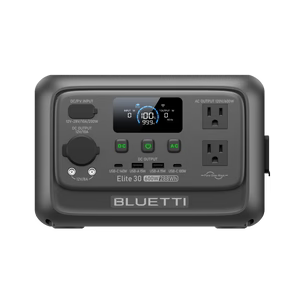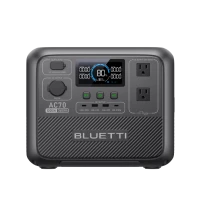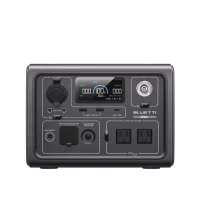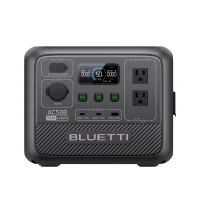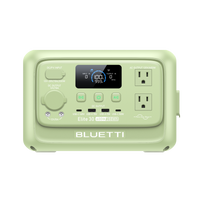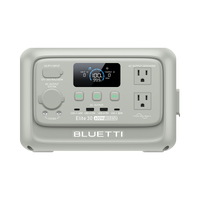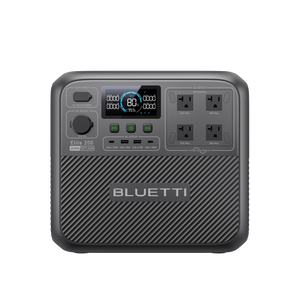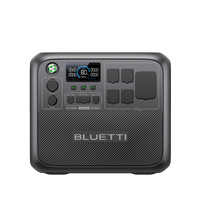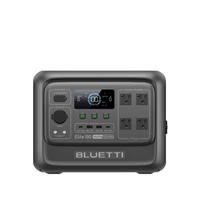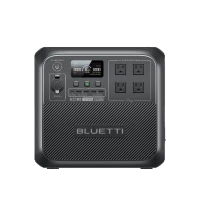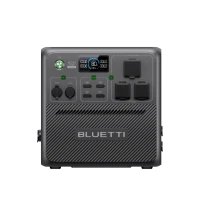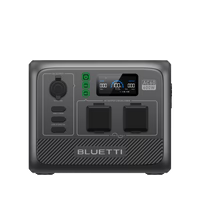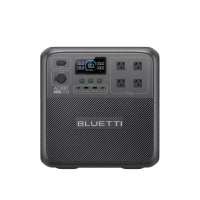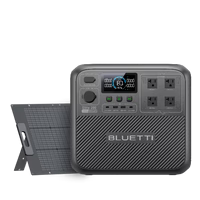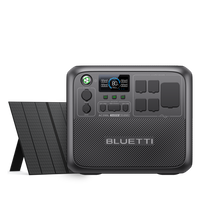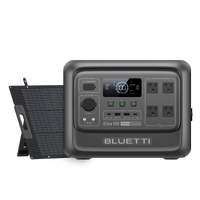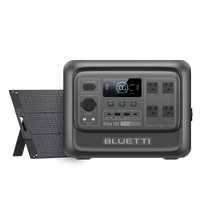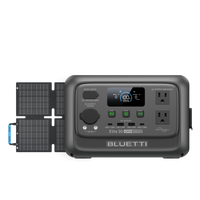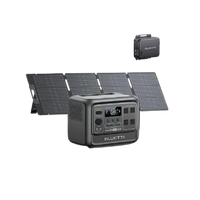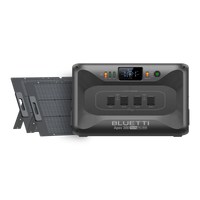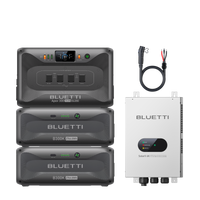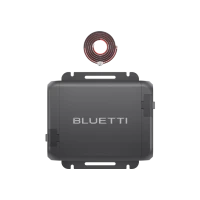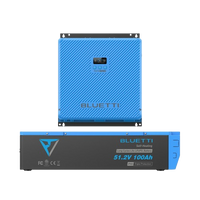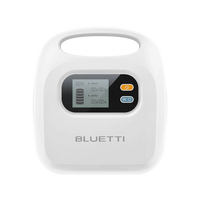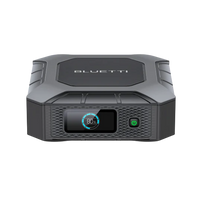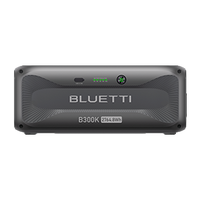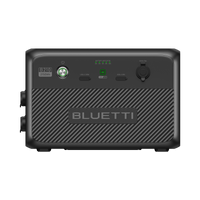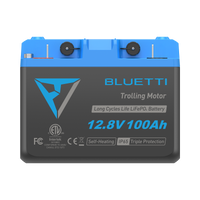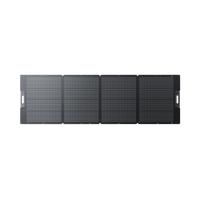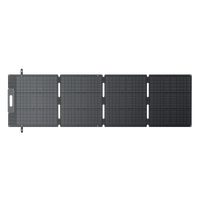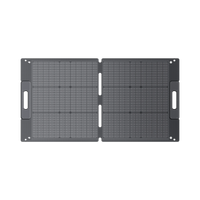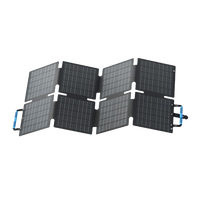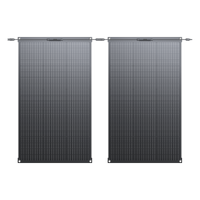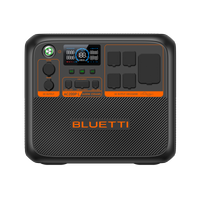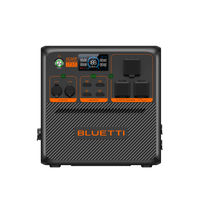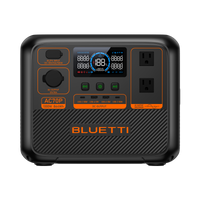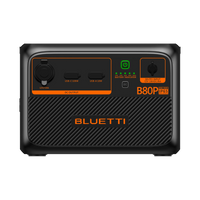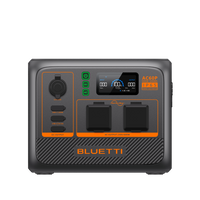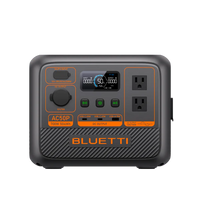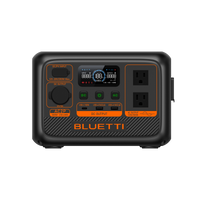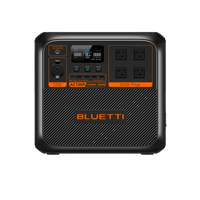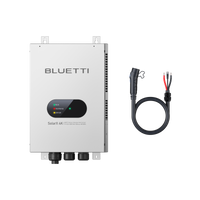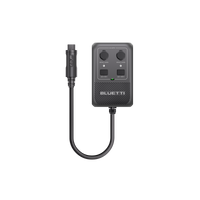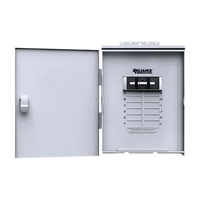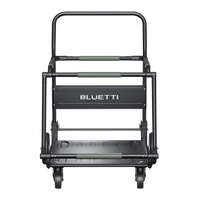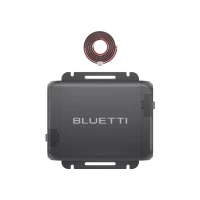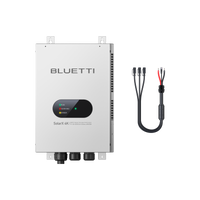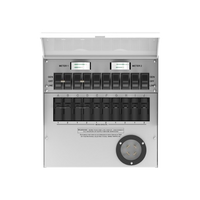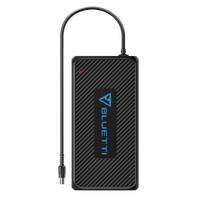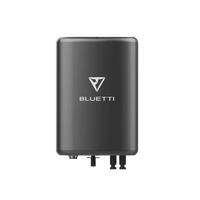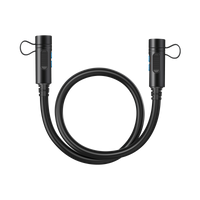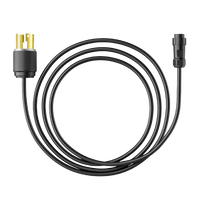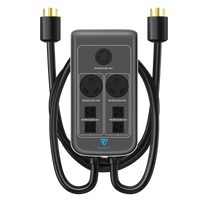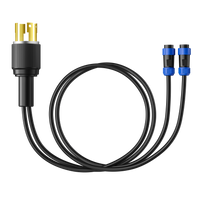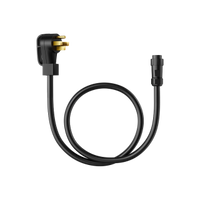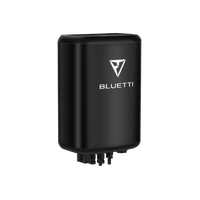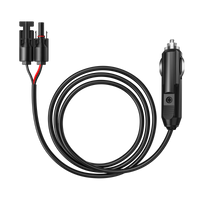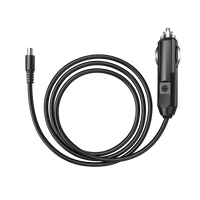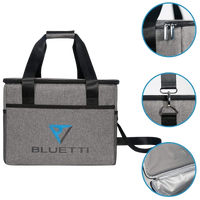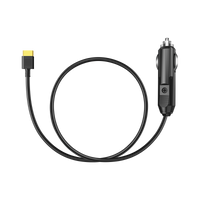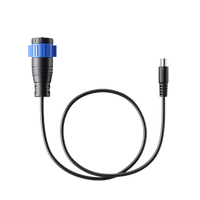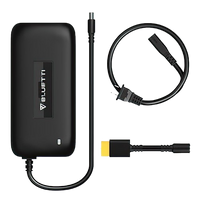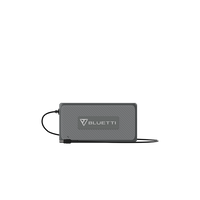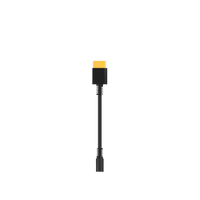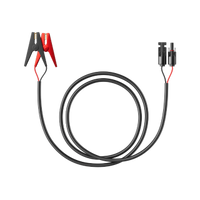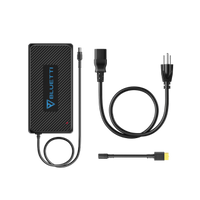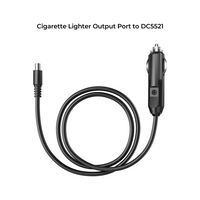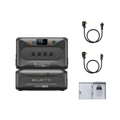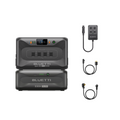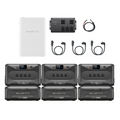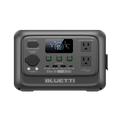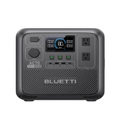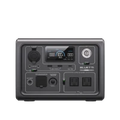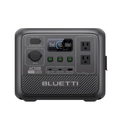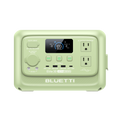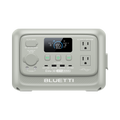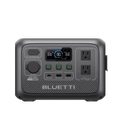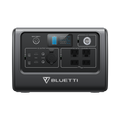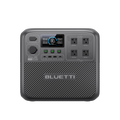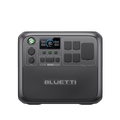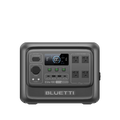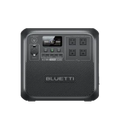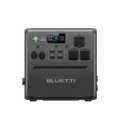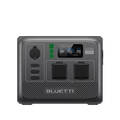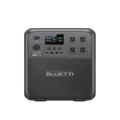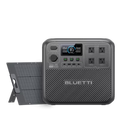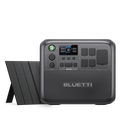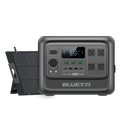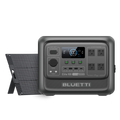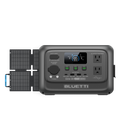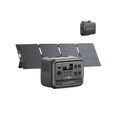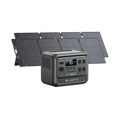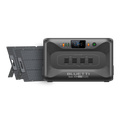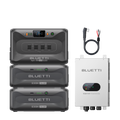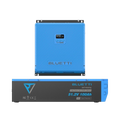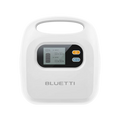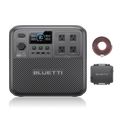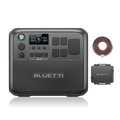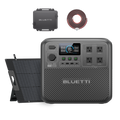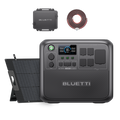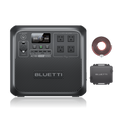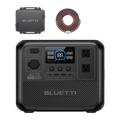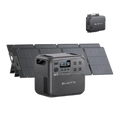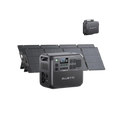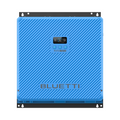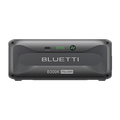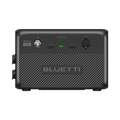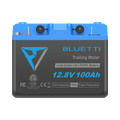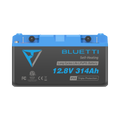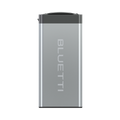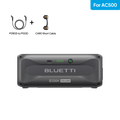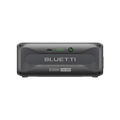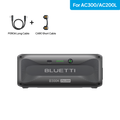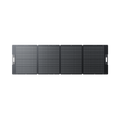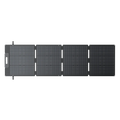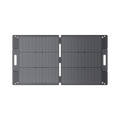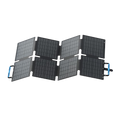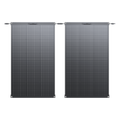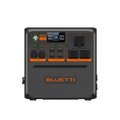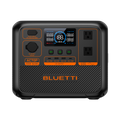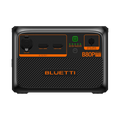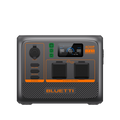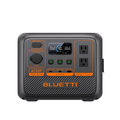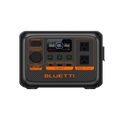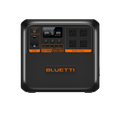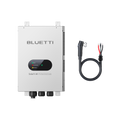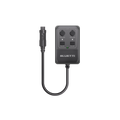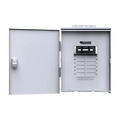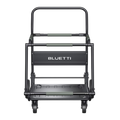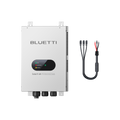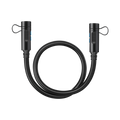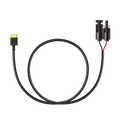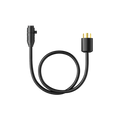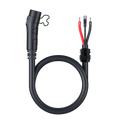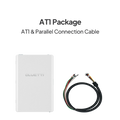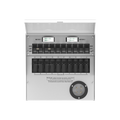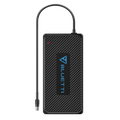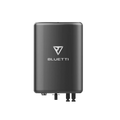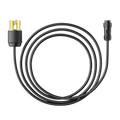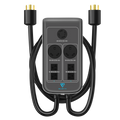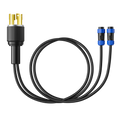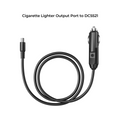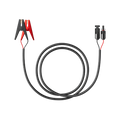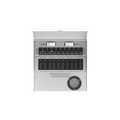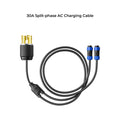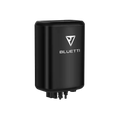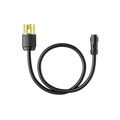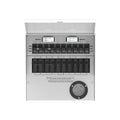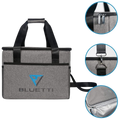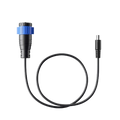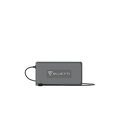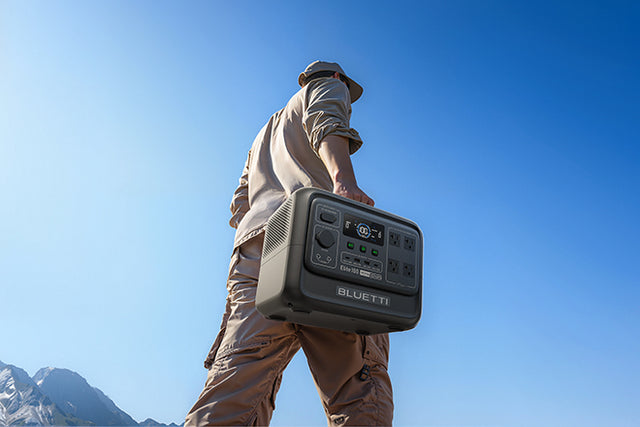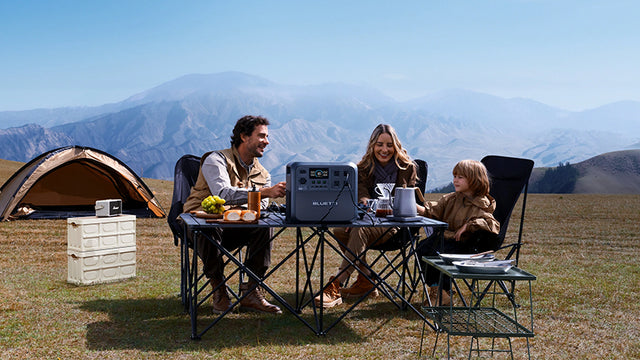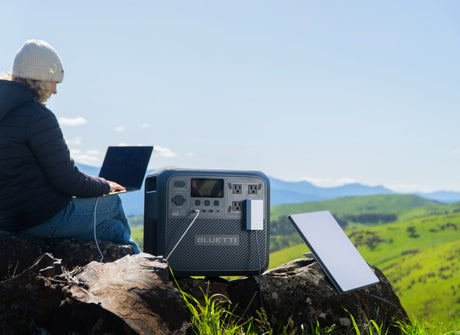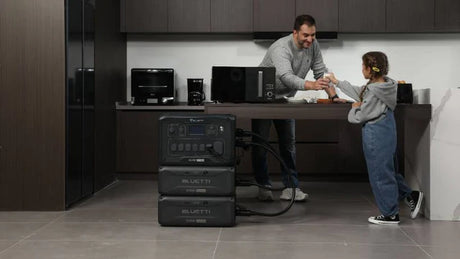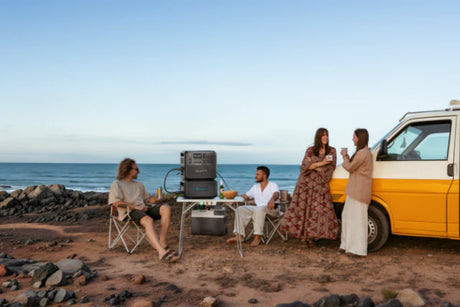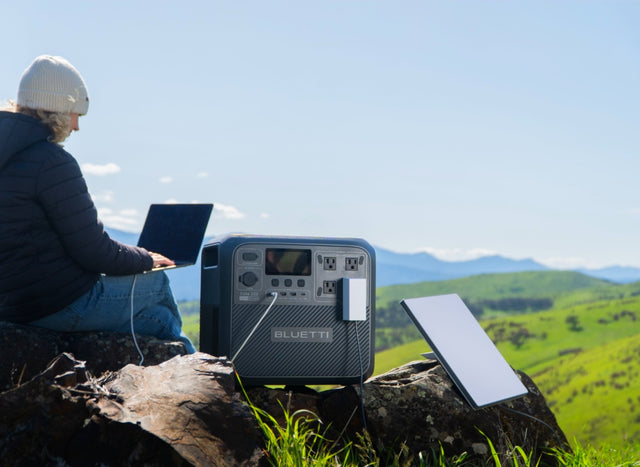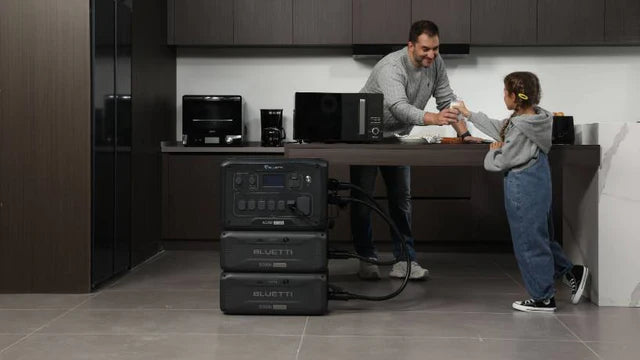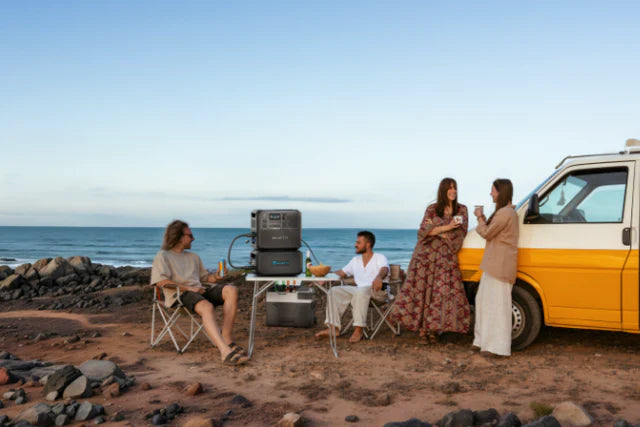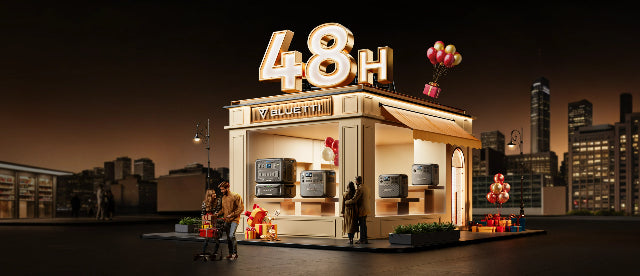In this era, renewable-based energy is a choice and necessity. Thus, the relevant question of “how many solar panels for a house?” is more and more on the mind. The article gives a tour of the solar panel device, how it works, the lifespan of the device, and finally, the most fundamental issue of how much of the devices are needed to achieve complete household energy independence. The financial picture of solar panels in 2024, how home batteries and solar panels work very effectively together, and the whole picture of how solar energy will provide ultimate benefits will be covered. Every section is tailored to take you through the process of understanding and utilizing solar power at your home, with the aim of making the change safe and empowering for you.
How Do Solar Panels Work?
Solar panels, softly humming guardians of sustainability, are the first stepping stone to the renewable source revolution at home. It is necessary to know how solar panels operate while reflecting on the"how many solar panels for a house" question. Every panel is a set of PV cells, which are the real alchemists turning sunlight into readable electrical energy. These cells consist of semiconductor layers coated with materials capable of either taking a positive or negative charge, which in turn creates the electric field.
With the sunlight hitting the cells, photons detach electrons, which start the release of electricity among the cells. This current is diverted through plates made of conductive material and transformed into power that electric houses and appliances can use. The much-impressing part of the process is the efficiency of modern cells, which are thinner than a strand of hair and incredibly resilient.
Delving into the intricate dance of light and electricity is a basic component when forecasting the required amount of solar panels. It is no longer solely count but the beautiful information technology (IT) that makes it possible for humans to harvest the sunlight and fuel our daily living with each break of day.
Related articles: What Are Solar Panel Kits: How to Choose Them?
How Much Does It Cost to Install Solar Panels in Canada?
How Many Solar Panels Do I Need For My House in Ontario?
How Long Do Solar Panels Last?
The life span of the solar panels leads the way in the answer to the question: “How many solar panels a house should have?”. With proper usage, modern solar panels can serve for 25 years and are known to be from the 80s. It is a kind of message indicating the responsibility of being operative for more than 40 years. This impressive duration is proof that solar technology has developed considerably over the years. The seminal solar panel by Bell Labs (1954) had an efficiency of only about 6%. Modern panels can be even more efficient. The efficiency can reach as much as 21%.
However, solar panels can also undergo a performance decline with time; the yearly degradation rate is approximately 0.5 %. This implies that even after 25 years, the solar panel would still have about 87.5% of its efficiency from the initial stage, which means that from the initial investment, you will still have energy for many years. Consequently, what is more important is the quality of the collector. It's what guarantees long-term service.
How Many Solar Panels Does It Take to Run a House?

There's an equation to solve this. It's straightforward: the number of panels needed is the result of the capacity divided by the production ratio, which is then divided by the wattage of a single panel.
If we plug in the numbers, taking the system capacity of 11,000kWh, the production rate of 1.6 and the panel wattage of 300 W into consideration, our calculations reveal that the house will need as much as 20 and 25 panels. This is a base value; however, there will be some deviation in actual usage depending upon the location of each country. Exploring your power utility bill usage and taking into account the individual wattage of available solar panels will help you fine-tune this calculation to fit your detailed needs.
How Much Do Solar Panels Cost In 2024?
This year, the price of sunlight collectors will play a great part in most homeowners' purchase of solar systems. The average solar system with a 6kW output will cost more than $12,700, and the cheapest option is monocrystalline panels, which will cost $1 to $1.50 for each watt. For the standard type of living, you might probably need at least 20-25 modules, which means the investment in the first stage is quite huge. However, this cost can be compensated by energy bill savings and tax credits in the long run.
Please keep in mind that the given price relies on many elements, among which are area, system size, and installer style. Likewise, installing a solar panel will be a great investment even for house owners who, on average, can return the money in 20 years and save about $25,000 over that period. Henceforth, solar panels have become a financially attractive choice, not just green.
Do You Need Home Batteries Used in Conjunction with Solar Panels?
While the world is being transformed towards using renewable energy, the incorporation of solar batteries in homes is becoming a very important factor for homeowners. These batteries make the storage of intermittent power generated with solar panels possible, so a constant power supply can be guaranteed despite the sunlight conditions. This section looks at three of the main home battery systems currently available and compares their compatibility with the common purpose of calculating “how many solar panels for a house” would be needed to maintain the uninterrupted provision of autonomy in power production.
BLUETTI AC300 + B300 Home Battery Backup

It's a champion of sustainable power, having a 3,000W AC pure sine wave inverter peaking at 6,000W. Having a base capacity of 3,072Wh but can expand up to 12,288Wh, it is for a trip that lasts long indeed, with more than 3,500 lifecycle cycles at 80% capacity. Not only does it provide up to 2,400W of maximum solar input, but it is also a very versatile option for powering your solar panels at all hours of the day. The 24-7 UPS system ensures your house keeps running smoothly. It promises this even when the grid fails. Hence, it's an invaluable advantage of a green property.
BLUETTI AC500 + B300S Home Battery Backup

Tapping into its massive market potential, this setup, hence, is the kingpin in terms of home energy solutions. Providing a 5,000W rated power rate with a surge capacity of 10,000W, it is able to fulfil the most energy-intensive power demands. With the collapsible capacity being 3,072Wh and the max being 18,432Wh, it easily can become an expansive energy product. This integration of smart app control devices adds ease of use level, as remote controlling of the home’s sustainable energy can be conducted easily. The 240V/10KW split-phase system guarantees an efficient utilization of each watt.
BLUETTI EP500Pro Solar Power Station

The device not only acts as a residential solar power station but also serves as a guarantee of energy independence. With a 5120Wh LiFePO4 battery that guarantees 3500 or more cycles at 80% capacity, it’s designed to serve you for a long time. The 3,000W pure sine output is powerful and sufficient to accommodate many devices simultaneously, even during peak hours. Its versatility, in conjunction with in-grid and flexible UPS modes, delivers unrivalled flexibility. The EP500Pro exhibits the best of this approach to energy, enabling your home to have reliable power through good and bad situations.
Benefits of Using Solar Energy
Solar power, which symbolizes sustainability, has a ton of good things in store for the user. Some of these key benefits are detailed below:
- Eco-Friendly: When contrasting it to fossil fuels, it doesn’t pollute the environment. Thus, it’s likely one of the major forces in mitigating climate change.
- Energy Independence: Solar power encourages energy independence and diverts major burdens from non-renewable sources. Hence, a positive impact on the environment is ensured.
- Low Maintenance: Solar systems have the lowest operating cost because all they usually need is cleaning, which is convenient and budget-friendly when you consider the big picture.
- Safety: In terms of safety, solar energy is better than traditional sources as it is nearly impossible to cause any accidents associated with use or maintenance.
- Renewable: Renewable solar energy has the added advantage of being inexhaustible and available worldwide. It is, therefore, a contributing factor to energy security.
- Cost Savings: Installing solar panels has a notably positive effect on the household budget, the magnitude of which depends on a specific individual's usage of electricity.
- Versatile Applications: Solar energy is diverse and has a number of applications, such as producing electricity and heat energy and even powering spacecraft, remote villages, and industries.
- Technological Advancement: Not only does it increase employment, but it also stimulates the development of technology. Moreover, this technology is capable of becoming increasingly efficient and versatile in the future.
Final Thoughts
To conclude, being on the solar grid is not only a numbers thing; it’s more about creating a sustainable and brighter green tomorrow. While the initial acquisition of solar panels and the entire BLUETTI battery product range may be somewhat costly, considerable savings on electricity bills are guaranteed in the long run. Jump on the solar space with the knowledge that every panel gets us closer to clean and reliable renewable energy sources, which yields the ultimate purpose of creating a green atmosphere for our children to grow up in.






